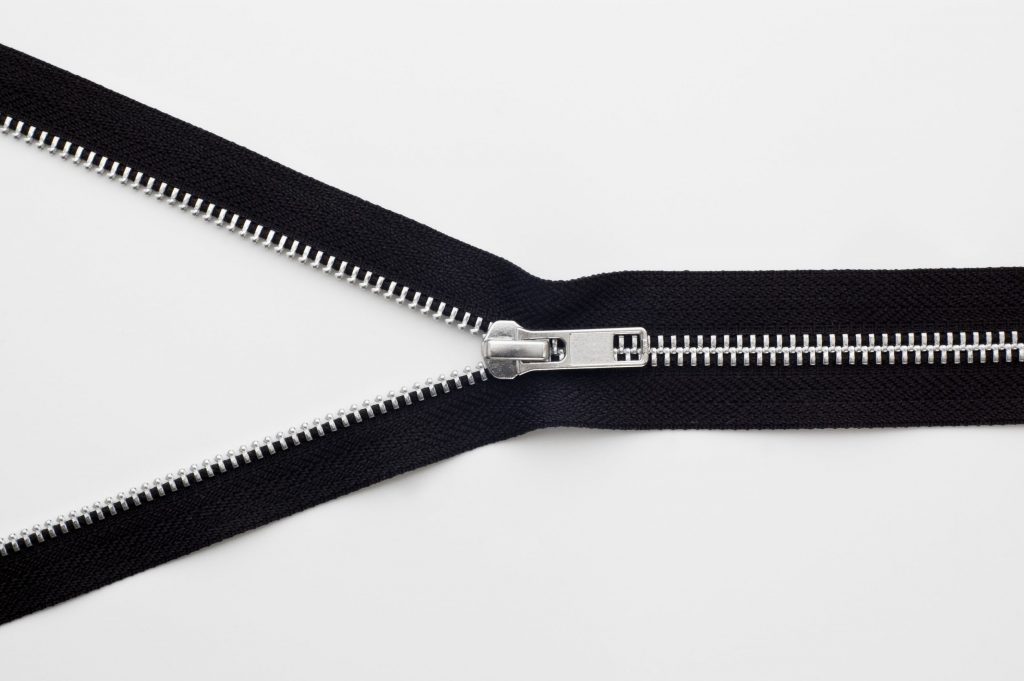
Merging in traffic often feels like a battle of wills and of principles. Some selfish drivers race ahead in the closing lane to cut in front of those who dutifully took their place in line as early as possible. The conscientious drivers in the slower-moving lane then try to punish the line-cutters by refusing to let them in. We’ve all been there and experienced the frustration from both sides. Turns out, the whole problem could be avoided if everyone did it like the line-cutters.
The Zipper Merge
Experts say that, in heavy traffic, it is better for everyone if you stay in the closing lane until the last minute. It sounds crazy, but it works when everyone cooperates. It’s called the “zipper merge” and there is a nationwide push to adopt it. The reason it works is that it keeps traffic more evenly distributed between the two lanes, instead of creating one slow line and one mostly empty lane.
Then, the drivers in the continuing lane have to let people in. Just one at a time. No one is asking you to stop and let a bunch of cars go in front of you. That would mess everything up. The idea is to take turns at or near the merging point, so the cars in the two lanes come together like teeth on a zipper. When everyone works together, it keeps traffic flowing and avoids backups in either lane.
Cooperation is Key
Right now we’re in the education phase, so please spread the word. The zipper merge only works when everyone participates. Right now, most drivers think it’s rude to take the closing lane right up to the merge point and move over early because they think it is the courteous thing to do.
Read more driving tips from AccidentAttorneys.org.















